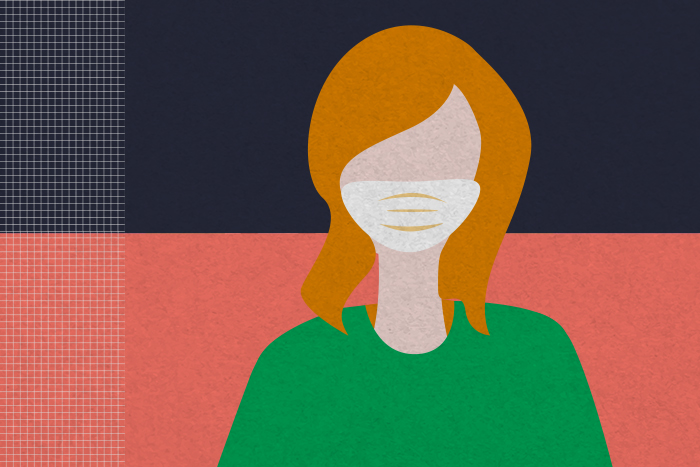There are few things worse than getting sick while you’re on vacation, but unfortunately it does happen. It’s bad enough when you’re sick at home, but it’s all the worse when you’ve been anticipating a fun trip for weeks or even months, then you can’t enjoy it thanks to a pesky illness. And when you’re not feeling well there’s nothing you want more than the comforts of your own bed.
However, despite feeling under the weather and not being able to enjoy the weather, there are some ways you can help yourself if you get sick while you’re away.
First of all: take precautions
Do your best to not get sick in the first place, and the best place to start is your flight. More than 1 in 5 people wind up with a cold or flu after a flight.* So try to wash your hands or use hand sanitizer a lot, avoid touching your face, wipe down surfaces with antibacterial wipes, and even blow your nose when you get off the plane to expel any germs hiding in there.
Early on: watch for symptoms
You know when you’re not feeling 100%. So, be on the lookout for early signs and symptoms. It’s always a smart idea to pack some “just-in-case” medicine in your bag in the event that you or a loved one starts feeling ill. Ibuprofen, throat lozenges, vitamin C, a nausea relief product like Gravol, and other types of over-the-counter medication that you tend to rely on when you’re sick are good to have with you. Of course, it might be wise to check with your airline before bringing any of these types of medications.
Ask the experts: check with your travel insurance assistance centre or your hotel
If things do take a turn for the worse and you have travel insurance, check with your insurance provider’s Assistance Centre for guidance. If you don’t have insurance and you really start feeling unwell, it’s a good idea to reach out to your hotel for medical assistance. Some hotels have in-house doctors or nurses. If not, they may be able to arrange an appointment for you at a clinic in the area. In the event that you or a loved one require urgent care, go immediately to the nearest hospital. Don’t necessarily count on an ambulance being available to get you there – you may have to take a taxi.
In an emergency: contact the Canadian embassy
In an emergency, such as a hurricane, flood or earthquake, contact or visit a Canadian consulate or embassy. They can connect you with many services, like: directing you to local medical providers, providing translation services, arranging for a medical evacuation, and more. It’s always a good idea to have the contact information of the Canadian consulate or embassy with you when you travel. The Government of Canada provides a helpful list.
Despite taking precautions, it’s not always easy to stay healthy when you travel. But knowing what to do when you start feeling sick can help speed up your recovery or prevent a serious illness from materializing.
Lastly, it’s also a good idea to have travel insurance in case you do get sick or an unexpected accident occurs. Having it can save you from having to pay out-of-pocket for medical expenses, and costs can really add-up quickly if something happens when you’re in another country. But hopefully it never comes to that and you can just focus on enjoying your vacation. Wishing you happy and healthy travels!
Sources
* Skyscanner.com, “Why Flying can Make You Ill – and How to Avoid Getting Sick on a Plane,” June 13, 2018.

